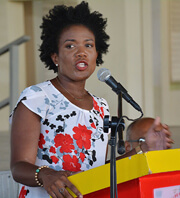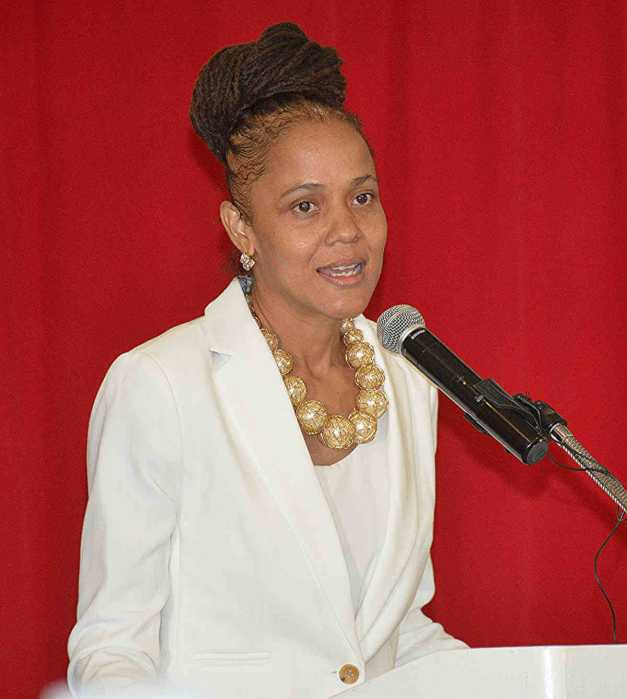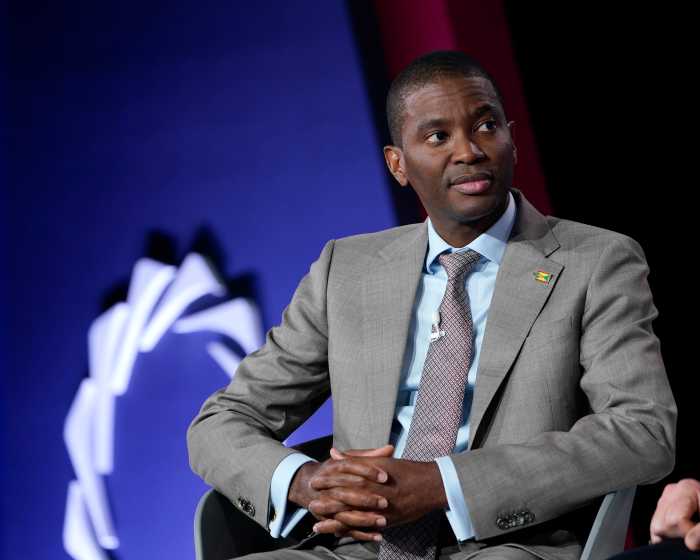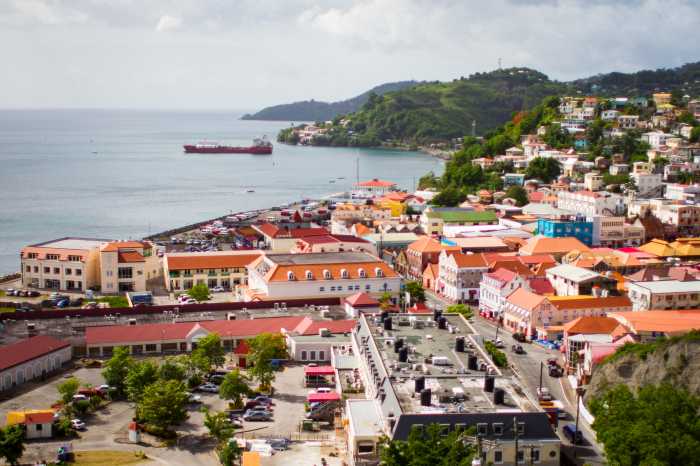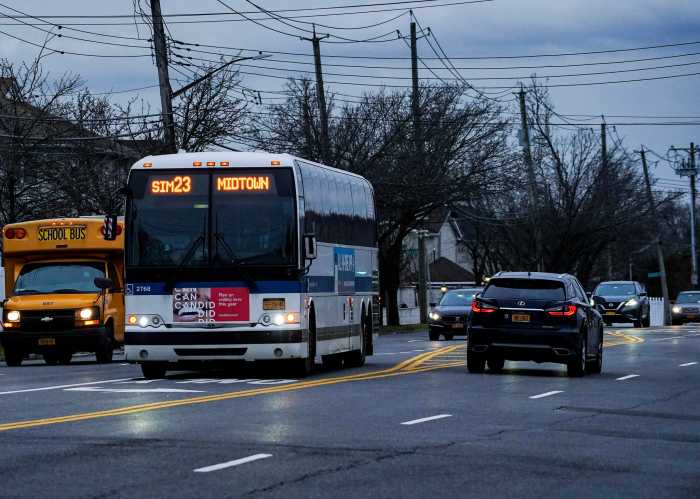The International Monetary Fund has declared that despite jacking up a tax covering most goods on the island, the Barbados government is set to fall short of its budget target, and needs to sell-state owned agencies.
This is the essence of the message in an IMF release issued by a team of specialists after visiting Barbados and consulting with government, business leaders and the political opposition in an examination of the island’s finances that ended this week under the Fund’s Article IV agreement.
When government imposed a 400 percent increase in its National Social Responsibility Levy in its 2017-2018 budget presented in June, Finance Minister Chris Sinckler had said that this sweeping tax would be the main driving force towards hauling in some $542 million (Bds$1 = 50 cents US) in increased revenue, which along with spending cuts and sale of some state assets would balance the accounts and produce a $4.4 million surplus.
But the IMF press statement, that contains preliminary findings and are to be followed up with a comprehensive report stated in part, “exemptions to the NSRL, lower-than-expected non-oil imports, shortfalls in some other revenues, and high transfers indicate that the government is likely to fall short of its target.”
The IMF team said that instead of balanced accounts it estimates “that the deficit will decline to 4.1 percent in FY2017/18 without divestment [sale of assets] proceeds. The larger than expected fiscal deficit is increasing funding challenges.”
This is seen as a blow to the Sinckler-led financial initiative that saw NSRL spiked from two to 10 percent on most imports — except some food and specialised items — as of July 1, 2017.
So sweeping is the jacked-up tax that trade unions and the private sector combined for protests through Bridgetown as they feared the massive inflationary impact of NSRL.
But government persisted and Sinckler reported at the end of September a $50 million haul from three months of the increased tax, affirming that the state was well on its way to the budgetary target.
Now that the IMF has concluded that government is way off mark the international agency said, “substantial further fiscal effort is needed to decisively place the debt on a downward trajectory.”
According to the IMF, government has a host of steps to take and follow studiously.
“The adjustment strategy should focus on addressing the high transfers, containing other current expenditures and maintaining a strong revenue effort. Reforms of state owned enterprises should include improved management, cost recovery, reduced services, mergers, closures, and privatization. Containing other current expenditures including the wage bill and government pensions is also critical,” the fund stated.
An economist and Opposition Barbados Labour Party political candidate Marsha Caddle said the IMF findings mean, “Barbados is even in further decline.”
She attacked the NSRL and the other budgetary policies as “a trinity of failures. It has failed to boost reserves, it has failed to address the deficit, it has failed to bring about real growth in the country.”



